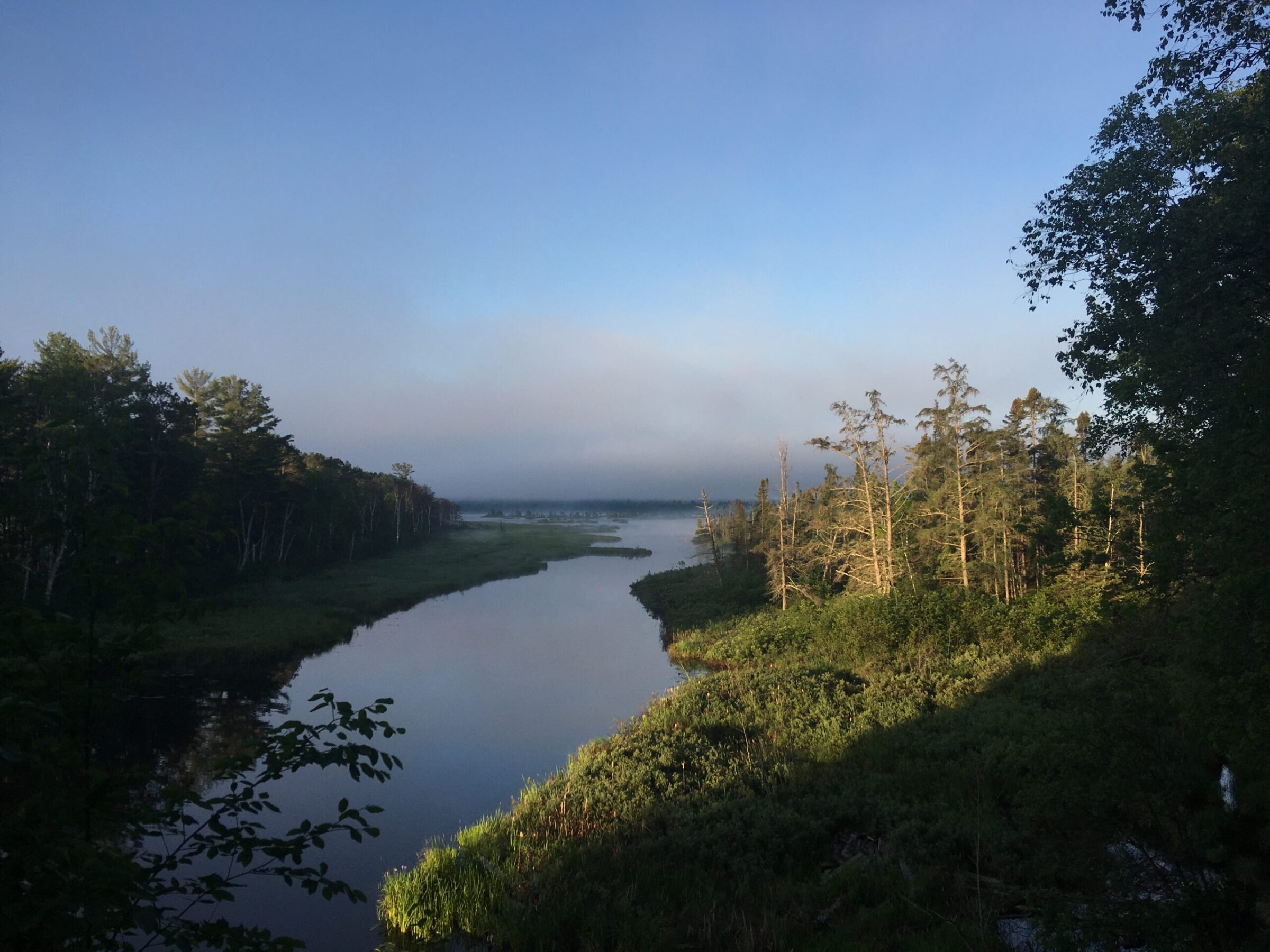Course Title: Exploring Wetland Ecology in the Western Great Lakes
Course Description:
“Exploring Wetland Ecology in the Western Great Lakes” is an online course designed to introduce high school students to the fascinating ecosystems of wetlands and their critical importance in the western Great Lakes region. Through weekly online lectures, interactive discussions, virtual field trips, and multimedia resources, students will delve into the ecological processes, biodiversity, conservation challenges, and management strategies associated with wetlands in this unique geographical area.
Course Objectives:
Understand Wetland Ecosystems: Gain a comprehensive understanding of wetland ecology, including the hydrology, soils, vegetation, and wildlife unique to wetland habitats in the western Great Lakes region.
Explore Biodiversity: Examine the rich biodiversity of wetland ecosystems, including plant communities, aquatic organisms, birds, mammals, amphibians, and reptiles, and their ecological roles and adaptations.
Analyze Ecological Processes: Investigate the ecological processes that drive wetland dynamics, such as nutrient cycling, water filtration, flood control, carbon sequestration, and habitat connectivity.
Evaluate Conservation Challenges: Assess the major threats to wetland ecosystems in the western Great Lakes region, including habitat loss, degradation, pollution, invasive species, climate change, and human disturbances.
Examine Restoration and Management: Explore wetland restoration, conservation, and management strategies aimed at preserving and enhancing the ecological integrity and functions of wetlands, including wetland restoration projects, land-use planning, and policy initiatives.
Engage in Citizen Science: Participate in citizen science initiatives and hands-on field activities to collect data, monitor wetland health, and contribute to ongoing research and conservation efforts in the region.
Course Format:
This online course will be delivered through weekly live lectures, pre-recorded video presentations, interactive discussions, virtual field trips, and multimedia resources accessible via the online learning platform. Students will have the opportunity to engage with guest speakers, wetland scientists, and conservation practitioners from the western Great Lakes region.
Self-Paced Option
Students who want to work at their own pace can skip the online meetings and progress through the course independently. Students who choose this option will have assignments and assessments graded as usual. Teachers continue to provide assistance and feedback. Self-paced courses still qualify for credit.
Prerequisites:
No prior coursework in ecology is required, although a basic understanding of biological concepts is beneficial. Students should have access to a computer with internet connectivity and be comfortable using online learning platforms and communication tools.
Assessment:
Assessment will be based on participation in online discussions, completion of assignments and quizzes, performance on exams, and the quality of individual and group projects. Emphasis will be placed on critical thinking skills, scientific inquiry, data analysis, and application of wetland ecology concepts to real-world scenarios.
Note:
This course will provide students with a deeper appreciation and understanding of the ecological importance and conservation significance of wetlands in the western Great Lakes region and empower them to become informed stewards of these valuable ecosystems.
